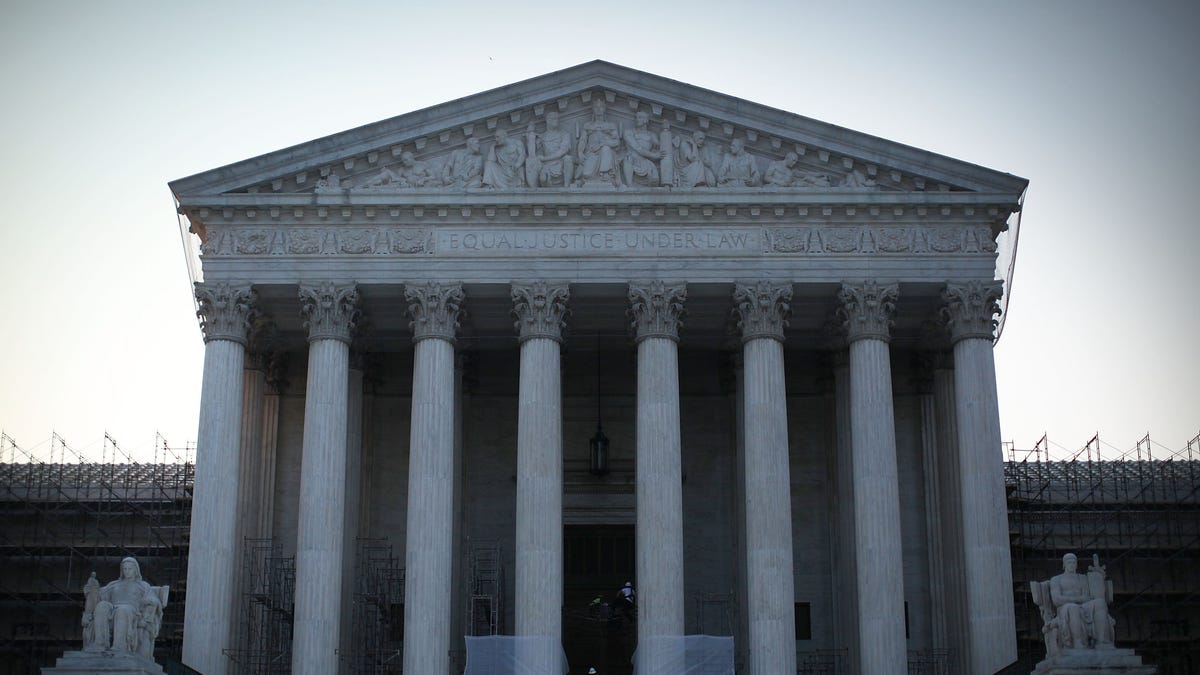N.Y.'s highest court: Your Internet tax break days are done
Next stop, the U.S. Supreme Court? That's looking increasingly likely as a state court rejects claims from Amazon and Overstock.com.

New York state's highest court today ruled that out-of-state online retailers must charge state tax on New York State customers. Now it gets interesting since the 4-1 judgment by the New York State Court of Appeals makes it all the more likely that the question will get an airing, sooner rather than later, in front of the U.S. Supreme Court.
Along with New York, eight other states have similar laws on the books ending the hidden tax break people got when buying products from companies on the Internet. Those statutes require the states in question to collect sales tax from out-of-state retailers when they had branch offices or affiliates, even when they didn't have a physical state presence.
"Through this statute, the Legislature has attached significance to the physical presence of a resident website owner. The decision to do so recognizes that, even in the Internet world, many websites are geared toward predominantly local audiences," Chief Judge Jonathan Lippman wrote as the court rejected claims by Amazon and Overstock.com, the two Internet companies that brought the case. "Viewed in this manner the statute plainly satisfies the substantial nexus requirement."
"The bottom line is that if a vendor is paying New York residents to actively solicit business in this state, there is no reason why that vendor should not shoulder the appropriate tax burden," Lippman wrote. Judges Victoria Graffeo, Susan Read and Eugene Pigott Jr. agreed.
In his opinion, Lippman wrote that the Internet had changed business in fundamental ways, raising the question of whether a retailer's need for a physical presence test was still relevant. "That question, however, would be for the United States Supreme Court to consider," he wrote.
Meanwhile, the U.S. Congress is making its views known. Last week, the Senate voted 75-24 in a nonbinding action to endorse an amendment to a Democratic budget resolution that would allow states to "collect taxes on remote sales."

